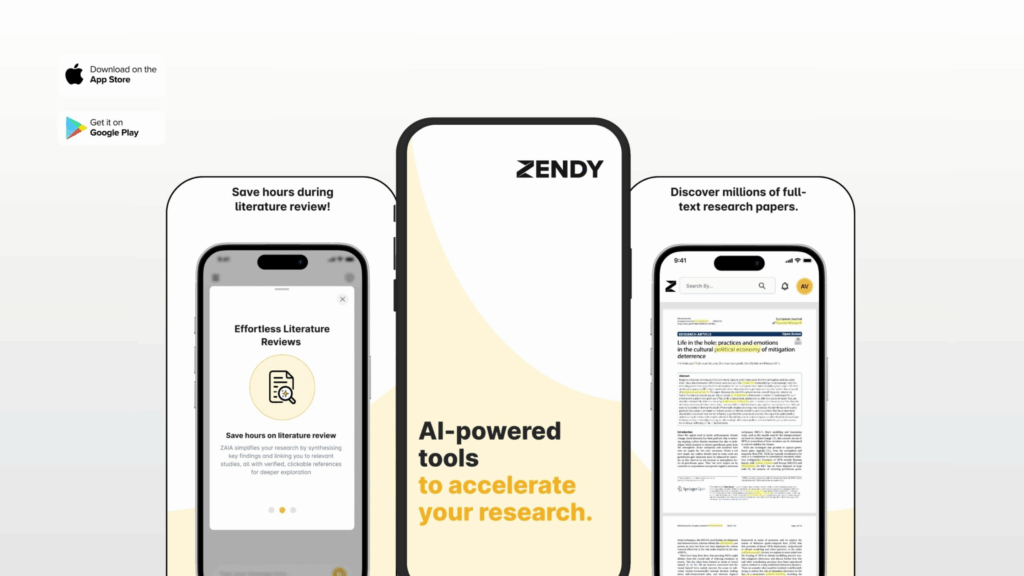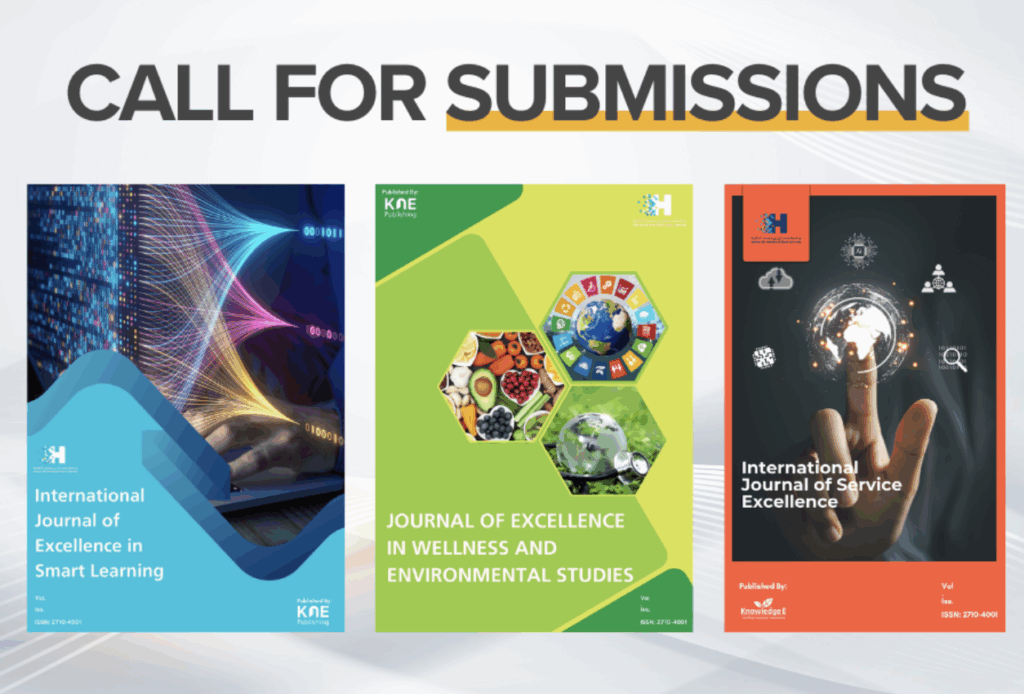
Genomics continues to transform our world in a multitude of ways. From applications that span across healthcare, forensics, agriculture, to ancestry, and technology, the field of Genomics has witnessed increasing interest and captivated individuals and institutions around the world. The World Health Organisation (WHO), notes that genomics research “has the potential to reduce global health inequalities by providing developing countries with efficient, cost-effective and robust means of preventing, diagnosing and treating major diseases that burden their populations.”
England is a global leader in genomic healthcare and research. According to the United Kingdom Department of Health and Social Care, “The NHS in England is the first healthcare service in the world to offer whole genome sequencing (WGS) as a part of routine care and holds unique research resources such as the UK Biobank.” The University of Exeter has invested heavily in genomics, with multidisciplinary expertise in cutting-edge technologies and world-leading genomic research. Its expertise ranges from translating findings from genomic studies to improve patient care in partnership with the NHS, to using genomics to understand the evolution of infectious disease and the social and ethical aspects of genomic innovation in the life sciences, health, and medicine. Genomics research at Exeter supports its educational strategy and objective to develop and apply innovative research and training methods, with opportunities for undergraduate, post-graduate and work-placed learning in diverse fields ranging from bioinformatics to the ethical legal and social impact of genomics.

The Egyptian Genome Project aims to improve healthcare for all Egyptians and contribute valuable scientific insights to the globe by building a reference genome for the Egyptian population. In coming years, the Project is expected to produce data and research that will not only benefit the Egyptian population but also impact the world by providing insights for an ethnic population that is significantly underrepresented in global databases.
The article ‘Lack Of Diversity In Genomic Databases Is A Barrier To Translating Precision Medicine Research Into Practice’ published by Healthaffairs.org elaborates that “The underrepresentation of non-European populations in genomic databases is problematic because it may miss gene-disease relationships for which the exposure or outcome is rare in European populations, it limits the generalisability of findings from genomic research, and it limits the evidence base for translating these findings into clinical care in diverse populations.”

Moreover, the Egyptian Genome Project may uncover fascinating historical revelations as researchers will sequence and analyse the genomes of a cross section of Ancient Egyptian mummies.
From July 10th to the 13th, a delegation of 15 Egyptian project leaders and researchers attended a comprehensive professional development programme at the University of Exeter, designed to build the capacities of key personnel who will contribute to the successful management and implementation of the Egyptian Genome Project. The programme provided experiential training, fostered knowledge exchange with renowned UK researchers, and fortified relationships aimed to promote international collaboration and catalyse advancements in genomics research and innovation.

The delegation visit is part of a larger project facilitated through the collaboration of the University of Exeter, the Egyptian Knowledge Bank (EKB), the Egyptian Ministry of Higher Education & Scientific Research (MOHESR), the Egypt Center for Research and Regenerative Medicine (ECRRM), the Academy of Scientific Research & Technology (ASRT), and Knowledge E. Guided by global experts from the UK, this capacity building training and consulting project has supported the development of more than 120 Egyptian academic professionals for the past two years and provided valuable consultative support for the development of Egyptian rare disease protocols.
Interested in our news? For media enquiries please contact us at pr@knowledgee.com
Dr. Khaled Amer, CEO of the ECRRM and operational leader of the Egyptian Genome Project notes, “This visit has provided valuable insights and significantly increased the capacities of our personnel. We are delighted with the outcomes of our collaboration thus far and look forward to future engagement with our UK colleagues.”
Lead expert and consultant for the capacity building project Prof. Emma Baple and Prof. Anna Murray, of the University of Exeter comment, “It was an honour to host this delegation and expand our relationships. It is impressive and encouraging to experience the enthusiasm and aptitude displayed by these individuals. We look forward to seeing the progress that will follow this visit and have no doubt that the work of the Egyptian Genome Project will positivity impact patient care.”
Partner information
Egyptian Knowledge Bank
The Egyptian Knowledge Bank (EKB) is an initiative launched by Egypt’s President Abdel-Fattah El-Sisi. It is the world’s largest digital library, granting unlimited resources exclusively for Egyptians. The EKB aligns with Egypt’s 2030 strategy and directly supports governmental aims to promote human resources through education and, bring the illiteracy rate to the default zero, and place 10 Egyptian universities on the list of the global top 500.
Knowledge E
Established in 2012, Knowledge E (KnE) is an educational services and products provider based in Dubai with the vision of ‘a more knowledgeable world’. KnE provides scholarly content to academic institutions throughout the Middle East and North Africa and delivers training courses to researchers, scholarly editors, librarians, university leaders, and academics. Combined with publishing and editing services, KnE’s offerings aim to provide knowledge to research communities across the region and enable them to increase the impact of their results, thereby deepening integration into the global knowledge network and supporting the development of knowledge economies.
University of Exeter
The University of Exeter combines world-class research with excellent student satisfaction, from our campuses in the Southwest of England, in Exeter and Cornwall. We are one of the very few universities to be both a member of the Russell Group and have a Gold award from the Teaching Excellence Framework (TEF), evidence of our established international reputation for excellence in both teaching and research. Our success is built on a strong partnership with our students and a clear focus on high performance.
Egyptian Genome Project
The Egyptian Genome Project aims to establish a genetic architecture or a reference genome for the Egyptian population in order to improve their health by delivering a precise health service suitable for the individual and their genetic composition. The Project aims to build an Egyptian reference that encompasses the genetic variants among contemporary Egyptians; study the genome of Ancient Egyptians; and research the genetic variants associated with common and rare diseases in the Egyptian population. The vision of the project is to be the leading hub, in the Middle East and Africa, for the latest advancement in personalised medicine and gene therapy, with highly advanced technology, qualified technical field experts and a wide range of national and international networks.
Egypt Center for Research and Regenerative Medicine
The Egypt Center for Research and Regenerative Medicine (ECRRM) was established in 2017 by a presidential decree as a national and regional reference center for infectious and public health diseases. ECRRM’s vision is to be an accredited high-quality scientific research-based center in the field of advanced medical research and regenerative medicine, and to participate in improving the health care of the Egyptian and Middle Eastern communities. The center is managed by a board of directors headed by the Chief of Staff of the Armed Forces and includes representation from the Ministries of Defense, of Health and Population, and of Higher Education and Scientific Research.
Egyptian Ministry of Higher Education & Scientific Research
The Ministry of Higher Education and Scientific Research (MOHESR) is one of the national institutions concerned with building human and academic personality of a broad spectrum of youth across universities and higher institutes. Seeking to realize its objectives of building a modern normally integrated personality capable of performing its mission in society and shouldering its responsibilities towards its nation, the ministry is tapping all scientific and technological capacities and potentials of the age.
The Academy of Scientific Research and Technology
The Academy of Scientific Research and Technology (ASRT) serves as Egypt’s national house of expertise, and national think tank in the field of science, technology, and innovation. The ASRT provides consultations to the government and decision-makers on issues related to science and technology in Egypt and around the world. The ASRT is the main public supporter of innovation, entrepreneurship, IPR, technological incubators and technology transfer.
Sources:
- NIH: National Human Genome Research Institute – 15 Ways Genomics Influences Our World
- World Health Organisation – Genomics
- Gov.UK: Policy paper – Genome UK: 2022 to 2025 implementation plan for England
- Lack Of Diversity in Genomic Databases Is a Barrier to Translating Precision Medicine Research into Practice
- University of Exeter – Genomics at Exeter
- Egyptian Genome Project – Science for a Better Future



